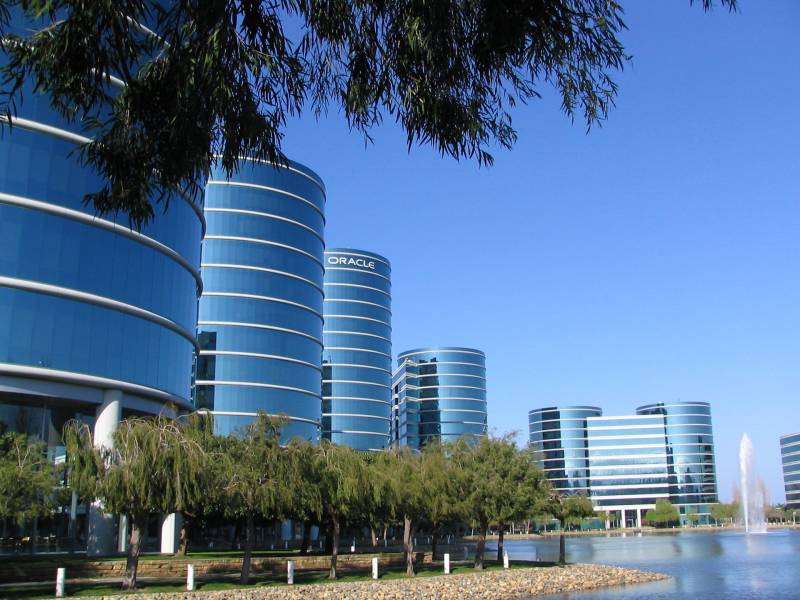“I think it's important for us to distinguish between the executives of these companies moving out of state versus the employees and the offices,” Turner said, noting that Elon Musk and Oracle’s Larry Ellison, who are both among the wealthiest people in the world, did very well in California and are now leaving for places with lower income taxes.
There’s no doubt California is disproportionately reliant on the top 1% of income earners.
"Just that 1% is responsible for generating over 45% of all the personal income tax revenue,” said H.D. Palmer, spokesman for the California Department of Finance, noting it “comes from things like capital gains and stock options and other income sources that are reliant on the stock market.”
People like Ellison, the world’s fifth wealthiest person according to Forbes, understandably don’t like California’s progressive tax structure. But as the recent initial public offerings of Airbnb and DoorDash show, the state is always going to benefit from dynamic companies who make it their home.
“There's always going to be activity that's going to be generated from companies going public, that's like seismic activity in California,” Palmer said.
Palmer also said it’s very difficult to evaluate the overall impact that the departure of major companies like Oracle and HP will have on California’s bottom line. But he says it by no means tells the entire story.
“The other side of the coin is we are seeing corporations and entities in California that are continuing to grow, continuing to hire, continuing to expand, continuing to go public and generate revenue as well,” Palmer said. Still he says, “We want to retain as many of those individuals here as we possibly can and to continue to create the environment where we can see more of these types of activities.”
In addition to taxes, some businesses howl at laws like Assembly Bill 5, directed at companies like Lyft and Uber, as well as a recent one signed by Gov. Gavin Newsom requiring specific levels of diversity on corporate boards.

